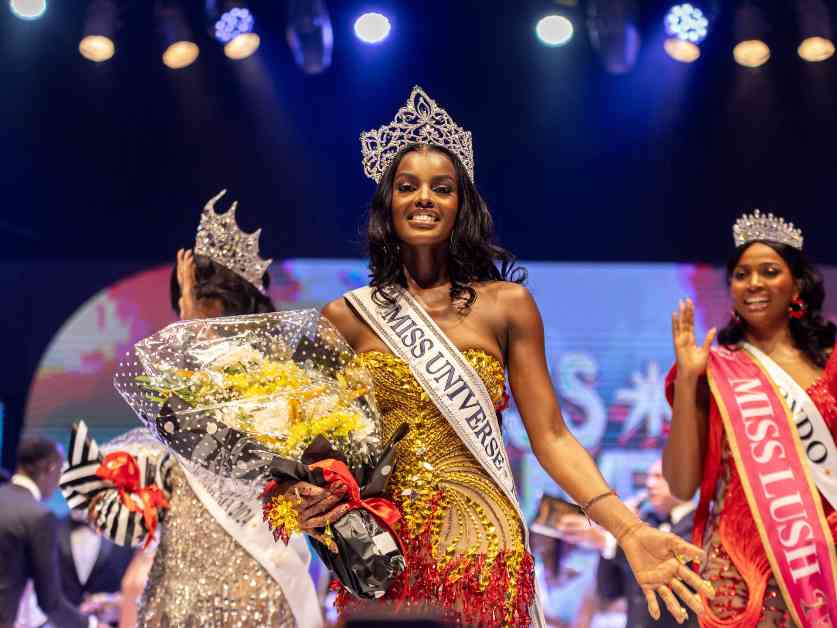Tensions Between South Africans and Nigerians: Unpacking the Online Conflict
The recent controversy surrounding South African student Chidimma Adetshina being crowned Miss Nigeria has brought to light the longstanding rivalry between South Africa and Nigeria. The competition between the two countries has escalated as individuals on both sides seek ways to retaliate against each other. From a beauty queen scandal to a taxi prank gone wrong, the conflict has exposed underlying issues of xenophobia and cultural differences that continue to fuel the animosity between the two nations.
The Miss Nigeria Controversy
The crowning of Chidimma Adetshina as Miss Nigeria sparked outrage among South Africans who felt that a Nigerian should not hold the title of Miss Nigeria. Many South Africans took to social media to express their displeasure, citing nationalism and a sense of pride in their own country. On the other hand, Nigerians defended Adetshina, arguing that her nationality should not disqualify her from representing Nigeria in the beauty pageant. The online debate quickly turned ugly, with insults and derogatory comments being exchanged between supporters of both sides.
The Miss Nigeria controversy highlighted the deep-seated nationalism and cultural pride that exists within both South African and Nigerian societies. The competition for recognition and validation on an international stage has only intensified the rivalry between the two countries, further exacerbating the tensions that already exist between them.
The Taxi Prank Incident
In a separate incident, a prank involving a Nigerian taxi driver and a South African passenger went viral on social media, further inflaming tensions between the two nations. The passenger filmed himself pretending to vomit in the taxi, accusing the driver of poor hygiene and unprofessionalism. The video quickly spread across various online platforms, sparking outrage among Nigerians who felt that the prank was disrespectful and perpetuated negative stereotypes about Nigerians.
The taxi prank incident served as a stark reminder of the power of social media to amplify and escalate conflicts between individuals and communities. The incident not only reinforced existing stereotypes and prejudices but also heightened the sense of animosity and distrust between South Africans and Nigerians.
Xenophobia and Cultural Differences
The underlying issue of xenophobia has played a significant role in fueling the tensions between South Africans and Nigerians. Xenophobic attacks have been reported in both countries, with foreign nationals being targeted and discriminated against based on their nationality. The fear of the “other” and the belief that outsiders pose a threat to the local population have contributed to the perpetuation of xenophobic attitudes and behaviors.
Cultural differences have also played a part in exacerbating the conflict between South Africans and Nigerians. The diverse cultural landscapes of both countries have led to misunderstandings and misinterpretations of each other’s customs and traditions. These cultural clashes have further deepened the divide between the two nations, making it difficult to find common ground and foster mutual understanding.
In conclusion, the tensions between South Africans and Nigerians are complex and multifaceted, with underlying issues of nationalism, xenophobia, and cultural differences contributing to the ongoing conflict. The recent incidents involving the Miss Nigeria controversy and the taxi prank have only served to highlight the deep-seated animosity and distrust that exist between the two nations. It is crucial for both South Africans and Nigerians to engage in open and honest dialogue to address these issues and work towards building a more inclusive and harmonious relationship between their countries.



























